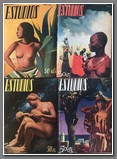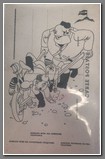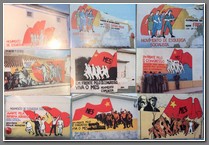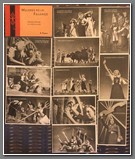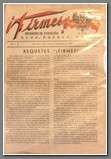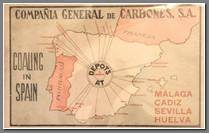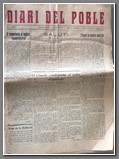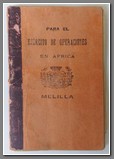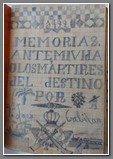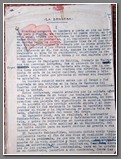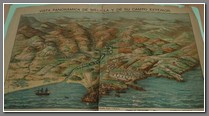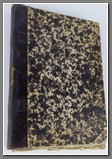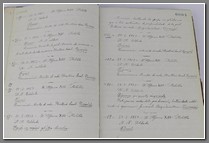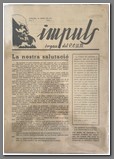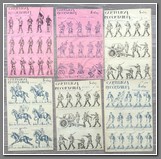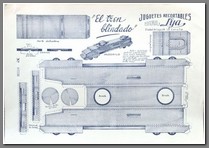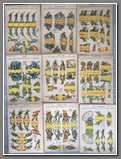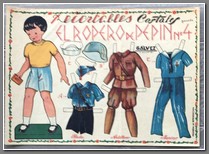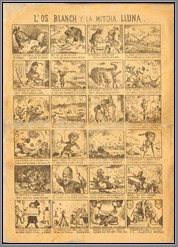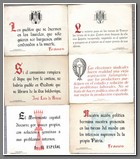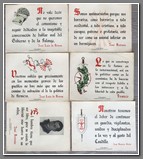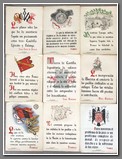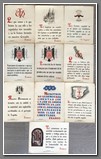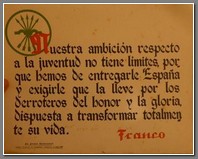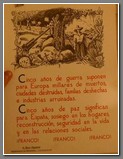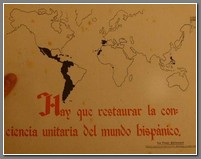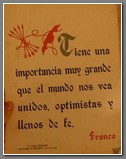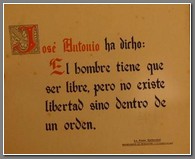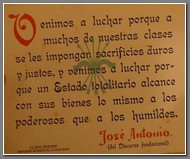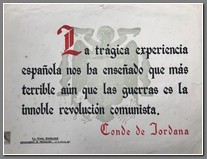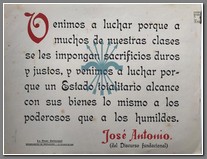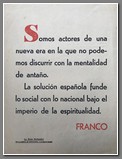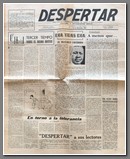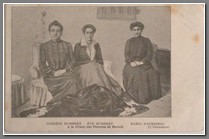 SCW 600Postcard of the Humbert sisters and Maria Daurignac in prison in Madrid.
SCW 600Postcard of the Humbert sisters and Maria Daurignac in prison in Madrid.
Price: $30.00
Note: Thérèse Humbert (1856–after 1936) was a French female fraudster, who pretended to be an heir of an imaginary American millionaire named Robert Crawford. Humbert was born Thérèse Daurignac, a peasant girl in Aussonne, Midi-Pyrénées, France. As a child, she once convinced her friends to pool their jewelry so that she could fool others into believing she was wealthy. She married Frédéric Humbert, son of the mayor of Toulouse. Soon after, she began to tell a tale that she had received an unusual inheritance.
Humbert claimed that in 1879, when she was in a train, she heard groans from the next compartment. She entered into it by climbing along the outside of the train. There she found a man who was having a heart attack. When she had helped him with her smelling salts, the man told her he was an American millionaire named Robert Henry Crawford, and that he was eternally grateful and would reward her some day. Two years later in 1881, she received a letter stating that Crawford had died and made her beneficiary of his will. The will stated that the Humberts were to look after the family fortune in a safe that should remain sealed until her younger sister Marie was old enough to marry one of Crawford's two nephews, Henry Crawford. With this story, Humbert obtained a huge loan using the supposed inheritance as a collateral. She moved to Paris with her husband and bought an elaborate house in Avenue de la Grande Armée.
Humbert gathered much influence, fame and wealth. Her salon became a center of socializing. Humbert and her associates, other members of the Humbert family, borrowed money against the nonexistent inheritance. They lived in luxury for about 20 years, spending their money on flowers, elaborate dresses and banquets. Eventually they had to borrow more money to cover the previous loans. There were suspicions, but nobody was able to prove the story false. In 1883, Le Matin newspaper published a skeptical article, but Humbert's father-in-law, who at the time was the minister of justice, supported her story. Humbert claimed that the Crawfords had sued him so that she would have to place her part of the inheritance to Crédit Lyonnais bank. After lengthy litigation, during which the two Crawford nephews, Henry and Robert, appeared in court, the court ruled that the locked safe should remain in Humbert's possession.
When Jules Bizat, official for the French bank, asked Humbert how she had invested her money, she claimed that it was in government bonds. Bizat checked and found that it was not the case. Humbert had organized a generous pension plan she had named Rente Viagère to get more money and used it to pay her debts and buy bonds. Eventually the creditors noticed that the supposed amount of the inheritance would never be able to cover all the loans and legal costs. Le Matin demanded that the safe should be opened. In 1901, Humbert's creditors sued her, and the next year the Parisian court gave an order that the fabled safe would be opened to prove the existence of the money. The safe was found nearly empty, containing only a brick and an English halfpenny.
The scandal rocked the French financial world, and thousands of smaller creditors and investors were ruined. The in-laws of the painter Henri Matisse, M. and Mme. Parayre, became scapegoats in the affair. Matisse's mother-in-law, who was the Humbert family's housekeeper, fell under suspicion, and her husband was arrested. Matisse's studio was searched by detectives, and his wife's family found themselves menaced by angry mobs of fraud victims. M. Parayre eventually went on hunger strike in an attempt to clear his name, with Matisse acting in lieu of a lawyer.
The Humberts had already fled the country, but they were arrested in Madrid in December 1902. Thérèse Humbert was tried and sentenced to five years' hard labor. Her two brothers, who had masqueraded as Crawford's nephews, were sentenced to two and three years each. Her husband Frédèric was also sentenced to five years. Her sister Marie, daughter Eve and deceased father-in-law, the justice minister Gustave Humbert, were stated to be victims of the fraud.

